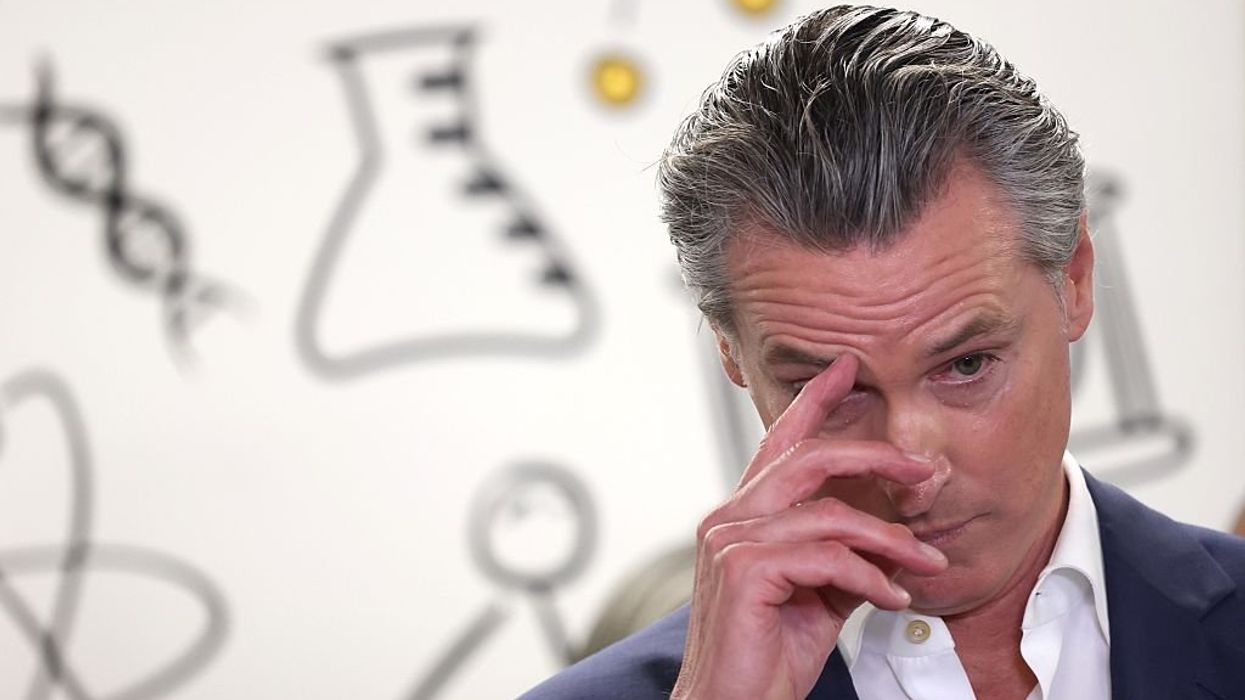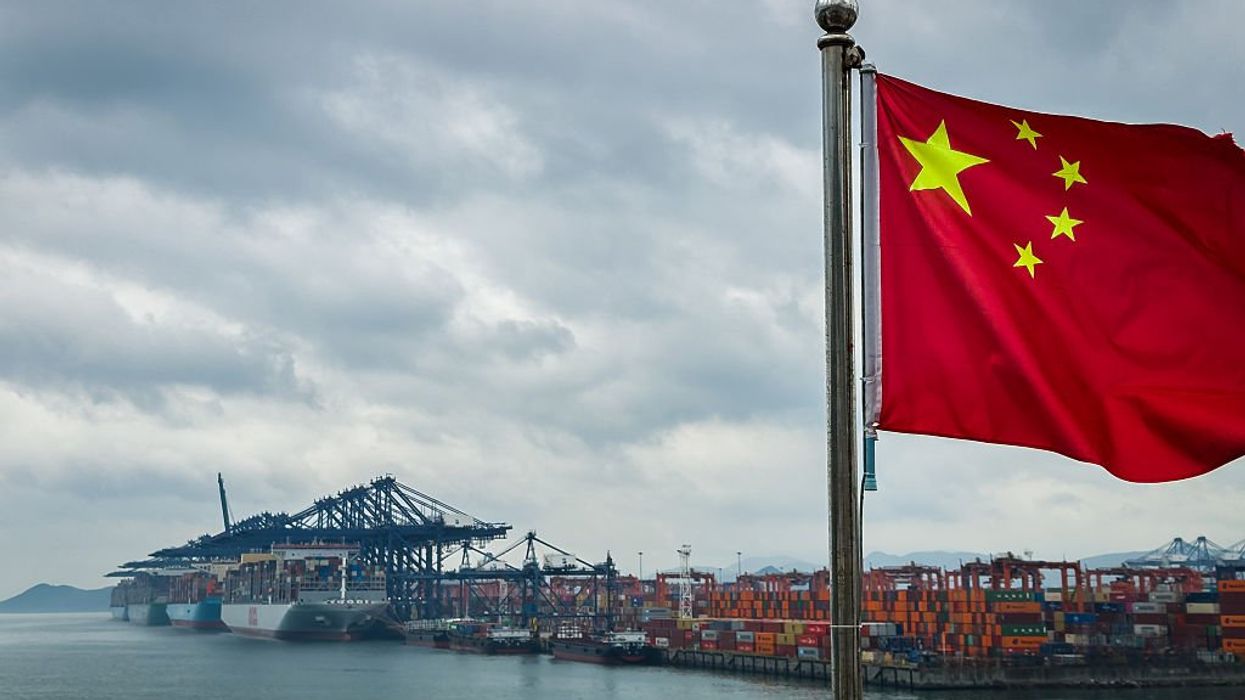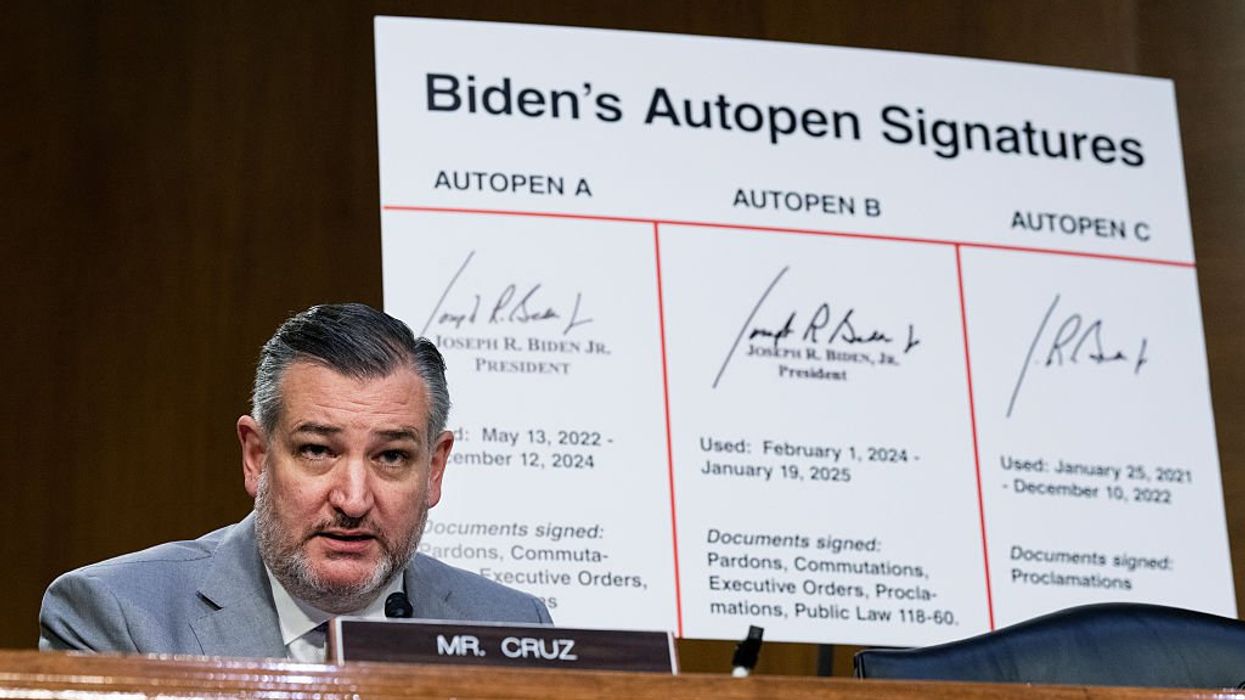 FILE -- In this Tuesday, Sept. 4, 2007 file photo, Saudi Prince Alwaleed bin Talal, foreground, delivers a speech as his wife, Princess Amira, looks on, after he received the medal of Great Patron of the French Culture Ministry during a ceremony at the Louvre museum in Paris, France. Credit: AP
FILE -- In this Tuesday, Sept. 4, 2007 file photo, Saudi Prince Alwaleed bin Talal, foreground, delivers a speech as his wife, Princess Amira, looks on, after he received the medal of Great Patron of the French Culture Ministry during a ceremony at the Louvre museum in Paris, France. Credit: AP
Saudi billionaire Prince Alwaleed bin Talal recently warned that rising U.S. energy production, particularly in shale oil and gas, represents an "inevitable threat" to the kingdom's oil-dependent economy. The comments came after oil officials in Saudi Arabia previously downplayed the trend.
In a letter published on Twitter, the prince also noted that Saudi Arabia "is almost entirely depended on oil, and this reality is becoming a source of concern for all."
As previously reported on TheBlaze TV, Prince Alwaleed is a multi-billionaire investor in companies like News Corp, Time Warner, Citigroup and Apple, just to name a few. He is also the founder of Kingdom Holding. Needless to say, he wields an enormous amount of power and influence.
But does the booming shale gas industry really threaten the kingdom's monopoly on oil? Let's take a closer look.
Saudi Arabia produced 9.47 million barrels of crude a day in June, down from 9.83 million exactly a year before, according to Bloomberg data. Meanwhile, the U.S. is reportedly experiencing the highest level of oil production in 25 years, producing roughly 7.56 million barrels a day.
The Wall Street Journal provides the following graphic to illustrate Saudi Arabia's "oil challenge":
 (Wall Street Journal)
(Wall Street Journal)
Tom Kloza, chief oil analyst at GasBuddy.com, told ABC News that the prince is right to be worried -- and not just about the United States.
He claims "shale exploration" in places like Europe, China and South America could also threaten Saudi Arabia's death-grip on the oil industry.
Kloza also anticipates oil production in the U.S. to continue to climb. He said America could soon be producing 8 to 9 million barrels of crude a day. Places like North Dakota could play a big role in reaching that benchmark.
"Williston, N.D., is regarded by some as the epicenter of the shale oil boom. Chuck Wilder, who runs local bookstore Broadway Books, says he remembers the oil shocks of the 1970s, when OPEC 'held the U.S. hostage' over oil," ABC News reports.
For the time being, Kloza added, the Saudis "need to get used to the idea that they're not the only ones with oil."
The U.S. certainly seems to have the potential to become a serious player in the global oil industry, but potential doesn't always translate into success. It is also important to note that people like Prince Alwaleed, those with influence in all corners of the globe, are almost certainly working tirelessly to preserve their control over the industry.
So, to answer the question put forth in the headline: Only time will tell.
(H/T: Yahoo! News)
–
[related]

 FILE -- In this Tuesday, Sept. 4, 2007 file photo, Saudi Prince Alwaleed bin Talal, foreground, delivers a speech as his wife, Princess Amira, looks on, after he received the medal of Great Patron of the French Culture Ministry during a ceremony at the Louvre museum in Paris, France. Credit: AP
FILE -- In this Tuesday, Sept. 4, 2007 file photo, Saudi Prince Alwaleed bin Talal, foreground, delivers a speech as his wife, Princess Amira, looks on, after he received the medal of Great Patron of the French Culture Ministry during a ceremony at the Louvre museum in Paris, France. Credit: AP





